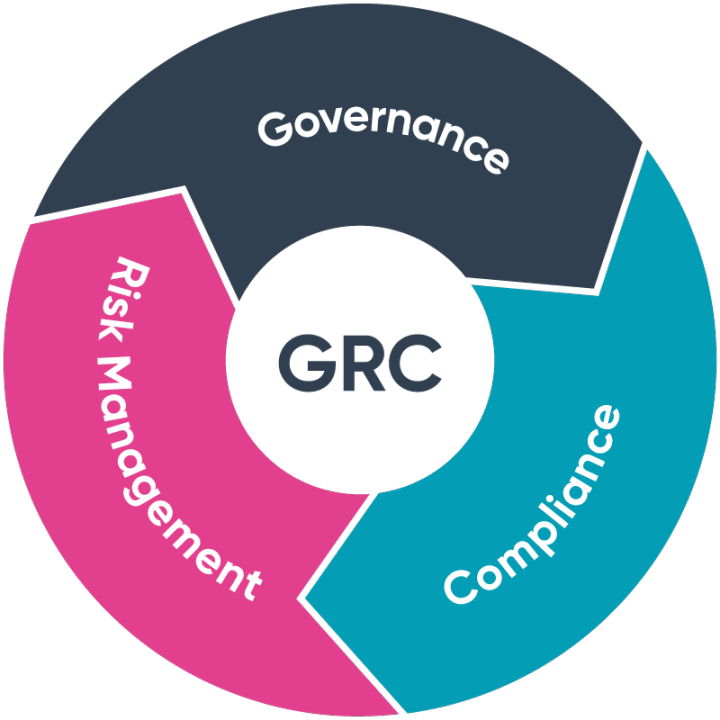
Privacy Compliance Amidst Global Big Data Proliferation
In an era characterized by unprecedented technological advancement, data has become the new currency. The digital age has ushered in an era where vast amounts of information are generated and collected on a daily basis. This data is the lifeblood of businesses, governments, and organizations worldwide. However, this proliferation of data has raised significant concerns about privacy. As Big Data continues to grow and evolve globally, it becomes increasingly imperative for organizations to prioritize and navigate the complex landscape of privacy compliance.
The Big Data Boom
Before delving into the intricacies of privacy compliance, let’s first understand the sheer magnitude of the Big Data explosion. Every second, millions of users are generating data through online interactions, social media posts, e-commerce transactions, and more. This deluge of data, often referred to as the “data tsunami,” presents unparalleled opportunities for businesses to gain insights, make informed decisions, and improve their products and services.
Simultaneously, the proliferation of Internet of Things (IoT) devices, smart cities, and interconnected systems adds another layer to this data ecosystem. These devices continuously collect data, creating an ever-expanding digital footprint. The volume of data generated worldwide is expected to reach 180 zettabytes by 2025, a mind-boggling figure that underscores the importance of Big Data in our lives.
The Privacy Predicament
Amidst this data boom, privacy concerns have emerged as a pressing issue. Individuals are becoming increasingly aware of the personal information they share and the potential consequences of data misuse. High-profile data breaches and scandals have only amplified these concerns, leading to stricter regulations around the world.
The General Data Protection Regulation (GDPR) in Europe, the California Consumer Privacy Act (CCPA), and other global data protection laws have been enacted to safeguard individuals’ rights and regulate the collection and processing of personal data. These regulations have teeth, with substantial fines for non-compliance. The privacy landscape is shifting from a voluntary, self-regulatory approach to a more stringent and legally enforceable framework.
Privacy Compliance: A Global Challenge
Privacy compliance is no longer an option; it’s a necessity for organizations worldwide. Whether you’re a multinational corporation or a small start-up, the onus is on you to ensure that your data practices align with the regulatory landscape. This is a complex task, considering the divergent regulations across different regions.
One of the central challenges is the extraterritorial reach of many privacy regulations. GDPR, for instance, applies not only to European companies but also to any organization processing the data of European citizens. This means that a company based in the United States or Asia must comply with European regulations if it handles European citizens’ data, regardless of its physical location.
To navigate this regulatory maze, organizations must adopt a proactive approach to privacy compliance. This involves:
- Data Mapping and Inventory:
Organizations should conduct a comprehensive audit of their data practices. This includes identifying what data is collected, where it’s stored, how it’s processed, and who has access to it.
- Consent Management:
Obtaining clear and informed consent from individuals before collecting and processing their data is crucial. Consent should be opt-in, not opt-out, and individuals should have the option to withdraw consent at any time.
- Data Minimization:
Collect only the data that is necessary for the intended purpose. Avoid excessive data collection, which can pose a risk to individuals’ privacy.
- Security Measures:
Implement robust data security measures to protect data from unauthorized access or breaches. Encryption, access controls, and regular security audits are essential.
- Data Protection Impact Assessments (DPIAs):
Conduct DPIAs to evaluate and mitigate the risks associated with data processing activities, especially when dealing with sensitive information.
- Data Subject Rights:
Be prepared to accommodate individuals’ rights, such as the right to access, rectify, or delete their data, as mandated by applicable regulations.
- Cross-Border Data Transfers:
When transferring data across borders, ensure compliance with regulations governing international data transfers, such as GDPR’s adequacy requirements or standard contractual clauses.
- Data Breach Response Plan:
Develop a comprehensive data breach response plan to promptly detect, report, and mitigate breaches in compliance with regulatory requirements.
- Ongoing Monitoring and Training:
Keep abreast of evolving privacy regulations and provide regular training to employees to ensure compliance at all levels of the organization.
- Data Protection Officer (DPO):
Appoint a Data Protection Officer if required by the regulations. The DPO plays a crucial role in ensuring compliance within the organization.
The Business Case for Privacy Compliance
Privacy compliance is not just a regulatory burden; it’s also a business imperative. Organizations that prioritize data privacy can gain a competitive advantage by building trust with customers and stakeholders. When customers feel that their data is handled responsibly, they are more likely to engage with a company’s products and services.
Moreover, complying with privacy regulations can help mitigate the risk of costly fines and legal actions. Non-compliance can result in fines that can run into the millions or even billions of dollars, not to mention damage to an organization’s reputation.
The Future of Privacy Compliance
As technology continues to advance, the privacy landscape will evolve as well. Emerging technologies like artificial intelligence (AI) and machine learning pose new challenges to privacy compliance. These technologies can process vast amounts of data to derive insights and make predictions, but they also raise questions about algorithmic transparency and the potential for bias and discrimination.
Additionally, the emergence of decentralized technologies, such as blockchain, promises to give individuals more control over their data. This could lead to a paradigm shift in how data is managed and shared, requiring organizations to adapt their privacy practices accordingly.
In conclusion, privacy compliance is not a one-time task but an ongoing commitment in an age where data is both a valuable asset and a potential liability. Organizations must recognize the importance of respecting individuals’ privacy rights and invest in the necessary measures to ensure compliance with the ever-changing regulatory landscape. By doing so, they can not only avoid legal repercussions but also build trust with their customers and thrive in the era of global Big Data proliferation. Privacy compliance is not just a legal requirement; it’s a fundamental aspect of responsible and sustainable business practices in the digital age.
Contact Cyber Defense Advisors to learn more about our Privacy Compliance solutions.




